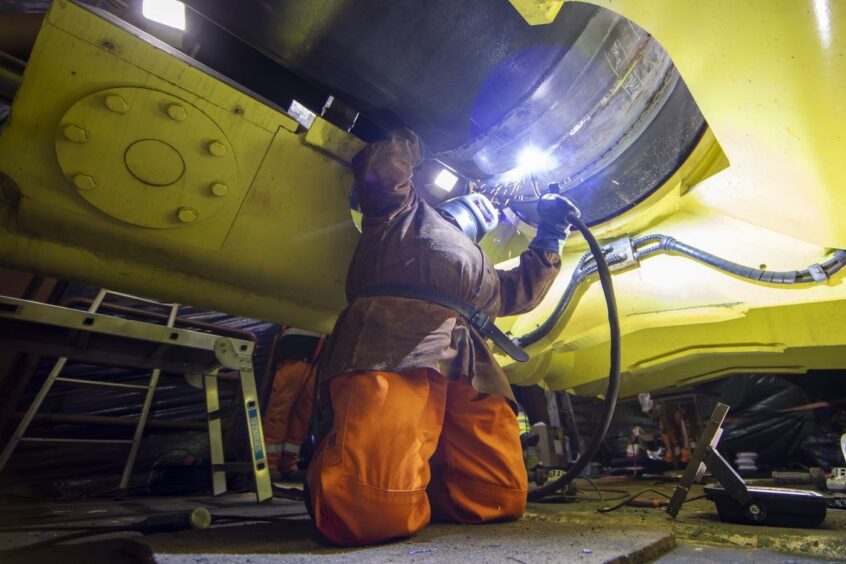
OMV has taken a charge of around 2 billion euros ($2.17 billion) on the exit of its Russian holdings.
As of March 5, OMV fully impaired its stake in Nord Stream 2, an amount of 1bn euros ($1.09bn). This is a non-cash charge, it said, taken in the first quarter.
OMV has also taken a 1bn euro charge on its operations at the Yuzhno Russkoye gas field. This was made up of an 800 million euro ($868.5mn) non-cash charge and another 200mn euros ($217.1mn) impact as a result of currency effects.
The loss on the gas field, in which it has a 24.99% stake, was triggered by counter sanctions announced by Russia on February 28, OMV said. The company also recognised a “re-measurement” of its contractual position with Gazprom at the field.
OMV has put Yuzhno Russkoye under “strategic review”, it said.
Austria is highly reliant on Russian gas. The government has come out strongly against European suggestions that energy flows should be targeted.
Changing tides
Offsetting the Russian charges to an extent, OMV noted its average realised crude price and gas price were up both strongly in the first quarter of 2022.
OMV’s oil price rose to $90.5 per barrel, from $77 in the last quarter or 2021. Its gas price rose to 37.3 euros ($40.5) per MWh, from 27 euros ($29.3).
OMV’s production was 486,000 barrels of oil equivalent per day, of which 96,000 boepd came from Russia.
The company aims to reduce its production as part of its plan to reach net zero by 2050. It will cut its oil production by 30% by 2030 and its gas by 15%.
OMV will no longer carry out frontier greenfield oil development and gas will take a larger share of it production. Investments in traditional exploration and production will “drop significantly” after 2026. Additionally, it will ramp up its low carbon efforts from 2024.

